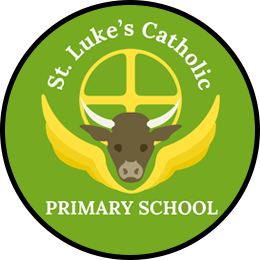Science
At St Luke’s we hold the core subject of science in high esteem. The two distinct areas of scientific knowledge and scientific enquiry have been woven together in a bespoke curriculum designed to support children’s understanding and recall of key facts and concepts. At least two hours of teaching time is devoted to science in every class each week. In addition, some of our Cornerstones units supplement and enrich our teaching provision with additional lessons that align with our overall plan for teaching science across the school.
Throughout their time at St Luke’s, every child has the opportunity to acquire scientific knowledge about:
- biology (including living things and their habitats, plants, evolution and inheritance and animals, including humans)
- chemistry (including materials, states of matter and rocks) and
- physics (including light, sound, earth and space, electricity and forces).
All areas of the science curriculum are covered each year for each year group. This allows many opportunities to revisit prior learning in order to support children to remember and use the knowledge that they have already acquired.
We also believe that working scientifically and using scientific enquiry skills is the best way to help children to make sense of and embed their newly acquired knowledge. We promote a spirit of scientific curiosity and provide opportunities for
- classification,
- research,
- fair testing,
- observations over time and
- pattern seeking
We do this by getting the children in all classes to:
- ask scientific questions,
- plan enquiries,
- make close observations,
- take measurements,
- gather and record data,
- present and interpret results
In key stage two, children also have opportunities to:
- make predictions,
- draw conclusions and
- evaluate enquiries.
Progression of knowledge and skills in Science:
Social, moral, spiritual and cultural education:








